US Observer Group, The Carter Center, has called for constructive dialogue to end the political dispute in the country resulting from NASA’s withdrawal from the October 26 fresh presidential election and subsequent rejection of President Uhuru Kenyatta’s win.
In a statement, The Carter Center urged Kenya’s political leaders to bridge the gap between the opposition and ruling parties, and their respective supporters, following a tense electoral period.
It said the fresh presidential election, which resulted from the Supreme Court’s annulment of the August 8 race, unfolded in a context of heightened tensions stemming from the protracted electoral process, confrontational tactics and harsh verbal attacks by key political leaders, and outbursts of violence around election day.
“These problems severely undermined the ability of Kenya’s electoral and judicial institutions to implement the fresh presidential elections. Rather than consolidating support for a national political programme, the election polarised the country and exposed the deep tribal and ethnic rifts that have long characterised its politics,” the statement read in part.
“Regrettably, the actions of Kenya’s political leaders served to weaken its democratic and independent institutions, constrain the ability of citizens to participate in the civic affairs of their country, and damage the nation’s democratic development. In the days ahead, it is incumbent on political leaders to put personal agendas aside and take steps to heal the country while maintaining the country’s constitutional order,” The Carter Centre added.
It said Wednesday’s statement provides an initial summary analysis of political and electoral developments between the August 8 elections and the fresh election held on October 26, based on the reporting of the Center’s core team of experts and long-term observers who were on the ground for the October 26 poll.
“We note that the electoral process is not yet complete, as electoral disputes are pending in the Supreme Court. The Carter Center will release a comprehensive statement on the overall election process after its completion. A detailed final report will be published in early 2018,” the observer group said.
The statement came a day after Opposition leader Raila Odinga, in an interview with Reuters, said he is willing to dialogue with President Uhuru but insisted on a six-month interim government to provide for a constitutional review aimed at lowering the risk of violence from minority groups who feel excluded from power.
“A pure presidential system enhances ethnicity because each community believes that they are not safe unless their man is at the top,” Raila said in the interview with the news agency in his office.
Though the Constitution of Kenya 2010 sought to disperse power from a centralised presidency by, among others, creating counties, Nairobi continues to wield a lot of power, including controlling the national budget.
Raila says it is time to revisit the supreme law to further slice the powers wielded by the presidency and strengthen the electoral agency.
“We had a new Constitution that we enacted in 2010; we think that now it is time to revisit it. We think that maybe six months will be required to carry out all these changes that we need in this country,” the NASA leader said.
President Uhuru has previously said he is willing to dialogue but only after the political process, including the petitions before the Supreme Court, is concluded.
He and his deputy William Ruto have, however, ruling talks on the formation of a coalition government, which Raila also said he is not interested in.
Several people were killed in Nairobi and parts of Western Kenya before and after the fresh election piling pressure on both sides to find a way out of the dispute.
READ: Major changes at Standard as Munywoki quits
NASA has also launched a revolutionary movement that will use various means, including street protests, picketing and economic boycotts, to undermine the Jubilee leadership.
The political formation has also initiated a process of establishing people’s assemblies in the counties to provide alternative mechanisms of governance until a “legitimate” government is established in the country.
Religious leaders and some key Jubilee leaders, including senators Kiraitu Murungi and Kithure Kindiki, have proposed the creation of other positions such as those of prime minister and official leader of opposition to accommodate those who lose in elections.
Raila is currently in the US where he is scheduled to meet key congressional leaders to explain the situation in Kenya.

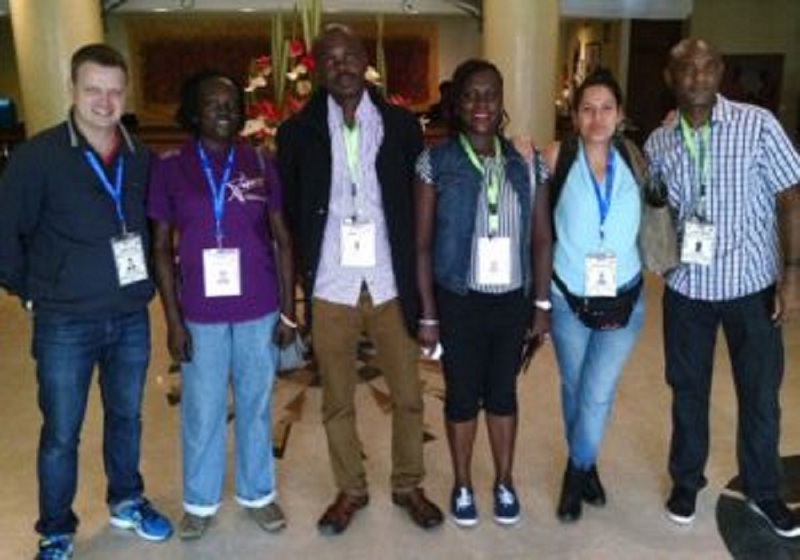

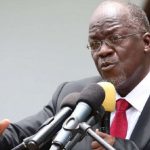



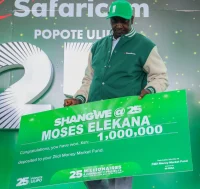



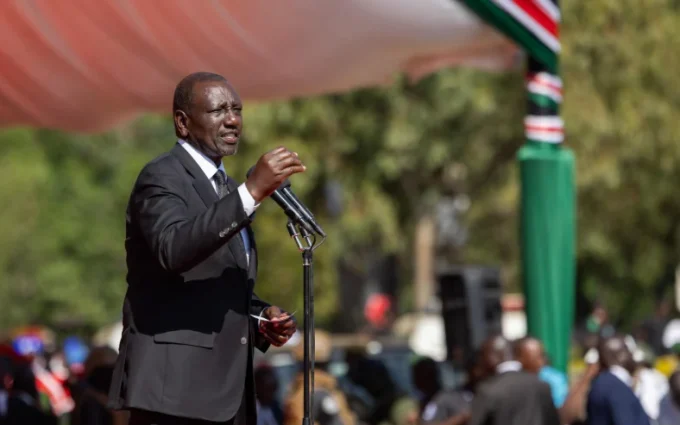
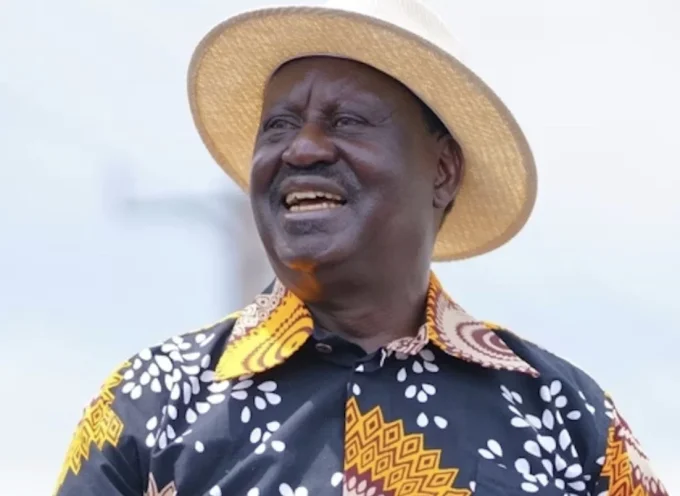
Leave a comment